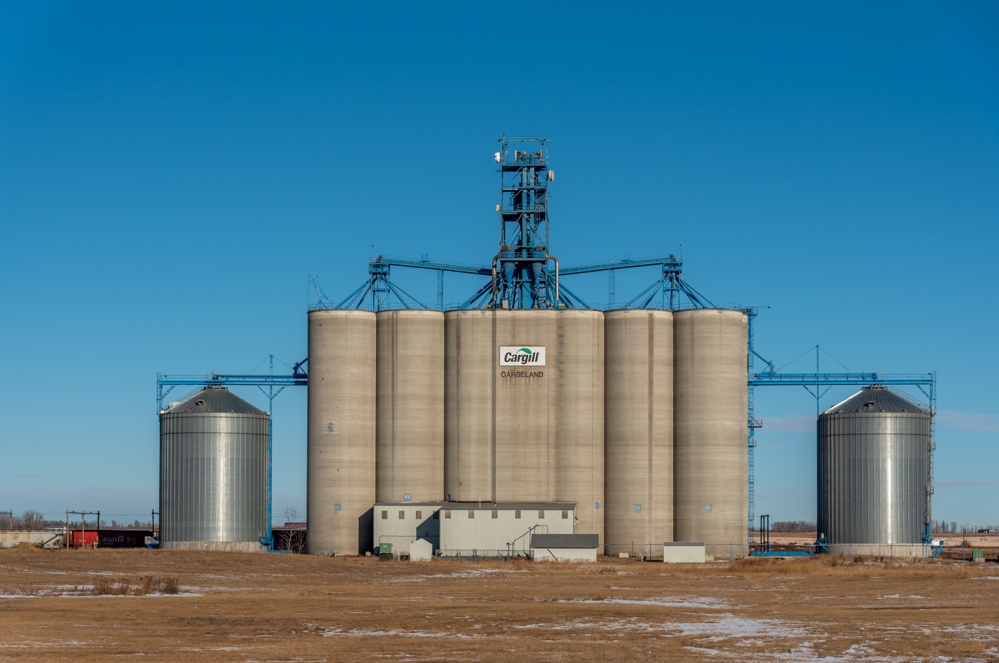Today, the U.S. Department of Justice (DOJ) announced it will not take legal action to stop the joint acquisition of Sanderson Farms by Cargill, Inc. and Continental Grain. However, as part of its negotiations, DOJ did take legal action to protect farmers and workers affected by the joint acquisition. It is expected that Cargill and Continental will agree to the DOJ’s demands.
DOJ demands that the parties:
- End the abusive farmer payment scheme commonly known as the “tournament system.”
- Require farmers receive a base pay set out in their contracts.
- Force the corporations to increase transparency in close accordance with a proposed USDA rule.
- Prevent the companies from exchanging information about processing workers wages and benefits.
- Require the companies to pay $84.8 million, collectively, in restitution for past harms processing plant workers.
- Agree to a court-appointed compliance monitor with broad authority to ensure their compliance with the consent decree.
- End retaliation against farmers who raise antitrust concerns with the court-appointed monitor or the government.
In response, Farm Action, an advocacy organization working to stop corporate monopolies in the food and farm system, issued the following statement:
While we are disappointed that DOJ did not block this merger, we applaud the agency for listening to the concerns of farmers, workers, and organizations like ours. By negotiating a consent decree backed by the authority of a court-appointed antitrust monitor, the DOJ has taken critical steps for justice for farmers and workers. By including other statutory provisions in their negotiations, this is the first time the DOJ has stepped outside its silo in a merger review. This action is in keeping with the whole-of-government approach promised by the Biden administration’s executive order to increase competition across the U.S. economy.
The greatest achievement in this agreement is that the DOJ’s action requires Cargill-Continental to pay its contract poultry growers a guaranteed base price for each chicken, and to implement a bonus system. The companies must also ensure that the bonus is never greater than 25% of the base price — so if costs go up, the base price must also increase. These stipulations effectively prohibit Cargill-Continental’s use of the abusive tournament system, in which contract poultry farmers compete with each other for a price they will be paid for raising poultry. The farmers who come out on top receive a bonus which comes out of the paycheck of the lower performing farmers. If firms as large as Cargill-Continental no longer use this system, and instead demonstrate greater respect for workers and contract growers, the dynamics of the entire poultry industry may well change.
On a national scale, market abuses are likely in any sector when the concentration ratio (CR4) exceeds 40%. This deal will increase the CR4 for poultry processing from 54% to 60%. Such a substantial increase in sector concentration is an actual threat to our food security and national security, considering that these firms have a previous track record of price collusion.
At every level of the poultry supply chain, there is a striking lack of competition, and even evidence of an oligopolistic structure:
- Three firms control 95% of broiler chicken genetics.
- Seven of the top 10 global feed companies are also top poultry companies.
- While 54% of poultry in the US is controlled by 4 companies, on the regional level, half of the poultry producers only have one or two poultry companies to work with.
Ultimately, if the administration intends to implement the directives in the executive order on competition, meaningful antitrust action from agencies beyond DOJ will be necessary.
Media Contact: Angela Huffman, ahuffman@farmaction.us



